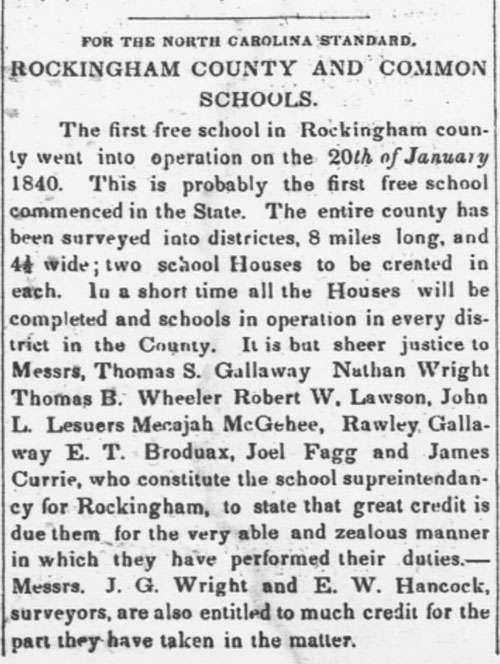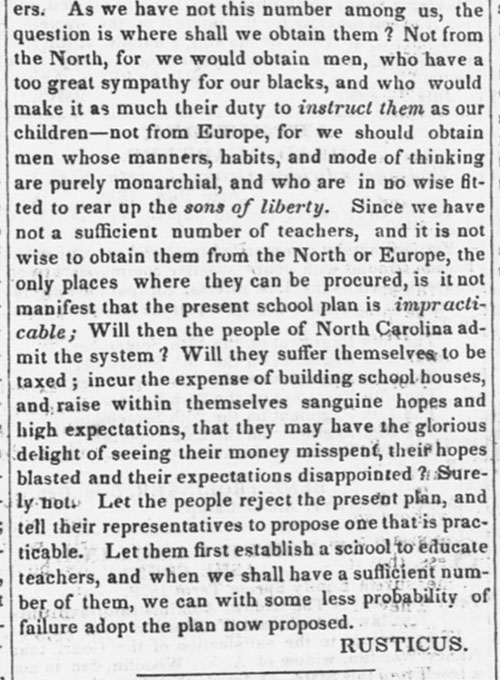On this day in 1933: “En route from Havana to New York, the luxury passenger ship Morro Castle was stranded off Cape Hatteras in a hurricane. The entire orchestra was seasick and the ship’s 140 passengers gathered in the lounge because of water in some cabins.
“Twenty-two-year-old Gwendolyn Taylor of Philadelphia distracted the crowd with piano playing and singing. ‘I thought I ought to do something,’ she later recounted, ‘and the only thing I could do was play. So I played. I sang, too; only cheerful things. I think some of the women wanted to hear hymns, but I thought they needed jazz more.’ ”
— From “On This Day in Outer Banks History” by Sarah Downing (2014)
Being stranded overnight off Hatteras was far from the worst misfortune the Morro Castle would encounter.


